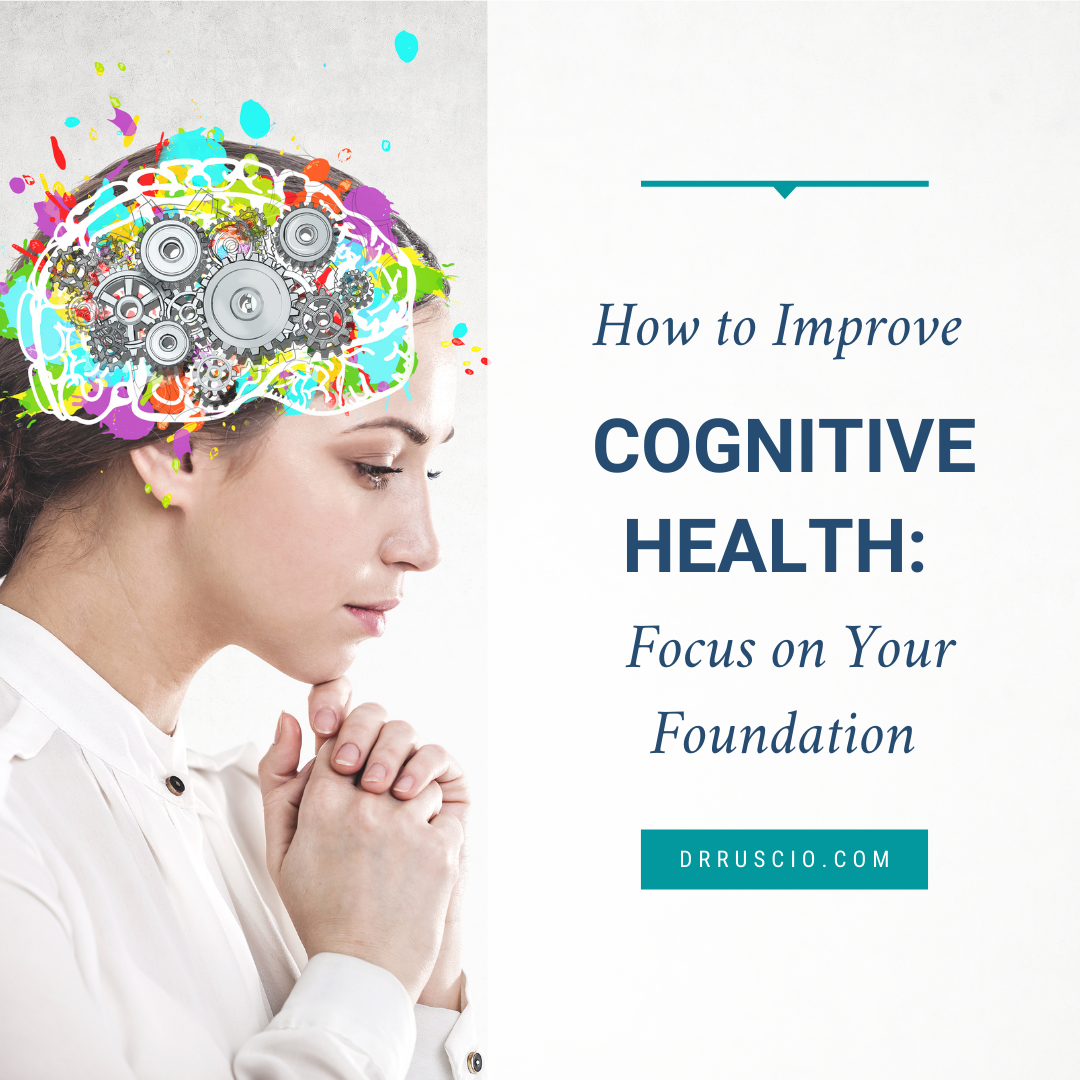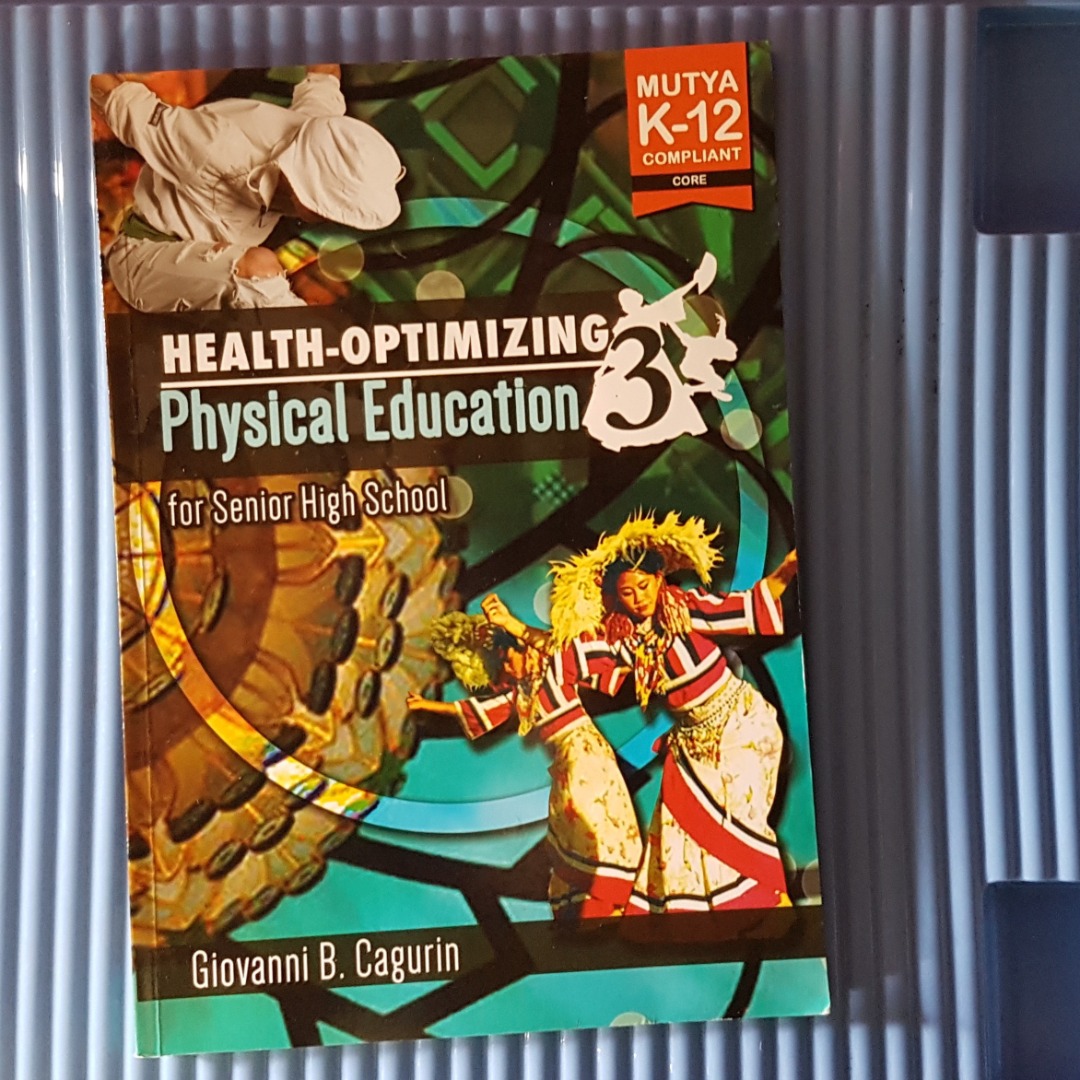Healthy Aging: Optimizing Physical and Cognitive Wellness in Prime Adulthood
Editor's Note: "Healthy Aging: Optimizing Physical and Cognitive Wellness in Prime Adulthood" has been published today, and the reason for its timeliness is that...
After completing extensive analysis and research, we have put together this Healthy Aging: Optimizing Physical and Cognitive Wellness in Prime Adulthood guide to help you make the best decisions for your health.
Key Differences or Key Takeaways
Transition to main article topics
FAQ
This comprehensive FAQ section provides authoritative answers to commonly asked questions, dispelling misconceptions and clarifying key concepts discussed in "Healthy Aging: Optimizing Physical And Cognitive Wellness In Prime Adulthood."

Health Optimizing Physical Education Module 4 - HEALTH OPTIMIZING - Source www.studocu.com
Question 1: What are the most effective strategies to maintain physical fitness as we age?
Maintaining physical fitness in later life involves adopting a holistic approach that encompasses regular exercise, a balanced diet, and adequate sleep. Prioritizing strength training and cardiovascular activities can help preserve muscle mass, improve balance, and enhance cardiovascular health. Additionally, incorporating flexibility exercises promotes range of motion and reduces the risk of falls.
Question 2: How can we protect and enhance cognitive function as we age?
Cognitive health is closely intertwined with lifestyle choices. Engaging in mentally stimulating activities, such as reading, solving puzzles, or learning new skills, can help maintain cognitive abilities. Additionally, social interaction, maintaining a healthy weight, and managing stress levels are crucial for optimal brain function.
Question 3: Is it possible to reduce the risk of age-related diseases?
While the aging process is inevitable, implementing proactive measures can significantly reduce the risk of developing age-related diseases. Maintaining a healthy weight, engaging in regular physical activity, and adhering to a balanced diet rich in fruits, vegetables, and whole grains are essential. Moreover, quitting smoking, limiting alcohol intake, and managing stress levels can further lower the risk of chronic diseases.
Question 4: How can we cope with the challenges of aging?
Aging presents unique challenges, but adopting a positive mindset and seeking support can help us navigate them effectively. Staying connected with loved ones, exploring new interests, and engaging in meaningful activities can provide a sense of purpose and fulfillment. Additionally, seeking professional help when needed can be invaluable in addressing emotional or mental health concerns.
Question 5: What are the most common myths about aging?
Numerous misconceptions surround the aging process. One common myth is that memory loss is an inevitable part of aging, while research suggests that it can be minimized through cognitive stimulation. Another misconception is that older adults cannot learn new things or adapt to change, which is untrue as the brain retains its plasticity throughout life.
Question 6: How can we make the most of our golden years?
Embracing an active and fulfilling lifestyle is key to enjoying our golden years. Prioritizing physical and cognitive health, maintaining social connections, and pursuing meaningful activities can enhance our overall well-being. Additionally, staying engaged in the community and embracing new challenges can contribute to a sense of purpose and fulfillment.
By understanding these key concepts and implementing practical strategies, we can dispel misconceptions, optimize our physical and cognitive health, and embrace the opportunities that come with aging.
Continue to the next article section for further insights into healthy aging.
Tips
Optimizing physical and cognitive wellness in prime adulthood requires a multifaceted approach encompassing healthy lifestyle practices, strategic healthcare decisions, and proactive self-care. Consider these valuable tips Healthy Aging: Optimizing Physical And Cognitive Wellness In Prime Adulthood to help ensure a healthy and fulfilling later life:
Tip 1: Prioritize Regular Physical Activity
Sustained physical activity contributes to maintaining a healthy weight, reducing the risk of chronic diseases, and improving cognitive function. Aim for at least 150 minutes of moderate-intensity aerobic activity or 75 minutes of vigorous-intensity aerobic activity per week.
Tip 2: Nurture a Healthy Diet
A balanced diet rich in fruits, vegetables, whole grains, and lean protein provides essential nutrients for optimal physical and cognitive health. Limit processed foods, sugary drinks, and unhealthy fats to maintain a healthy weight and prevent chronic diseases.
Tip 3: Engage in Cognitive Stimulation
Challenge your brain through activities like puzzles, reading, and learning a new language. Cognitive stimulation helps maintain cognitive function, improves memory, and reduces the risk of age-related cognitive decline.
Tip 4: Get Adequate Sleep
Sleep deprivation impairs cognitive function, disrupts mood, and increases the risk of chronic diseases. Aim for 7-9 hours of restful sleep each night to ensure optimal physical and mental well-being.
Tip 5: Manage Stress Effectively
Chronic stress can have detrimental effects on both physical and mental health. Engage in stress-reducing activities such as yoga, meditation, or spending time in nature. Seek professional help if stress becomes overwhelming.
Summary: Adopting these tips into your lifestyle can greatly contribute to your overall well-being during prime adulthood and beyond. By prioritizing physical and cognitive health, you invest in a future filled with vitality, independence, and a sharp mind.
Healthy Aging: Optimizing Physical And Cognitive Wellness In Prime Adulthood
Aging is a natural process that brings about physiological and cognitive changes. In prime adulthood, optimizing physical and cognitive wellness is crucial for maintaining overall health and well-being. Here are six key aspects to consider:
- Balanced Diet: Consuming nutritious foods rich in vitamins, minerals, and antioxidants.
- Regular Exercise: Engaging in physical activities that promote cardiovascular health, strength, and flexibility.
- Adequate Sleep: Ensuring sufficient and restful sleep to rejuvenate the body and mind.
- Cognitive Stimulation: Participating in mentally challenging activities such as reading, puzzles, and social interactions.
- Stress Management: Practicing techniques to cope with stress effectively, reducing its negative impact on physical and mental health.
- Regular Check-ups: Seeking medical attention regularly to monitor health, detect and manage any underlying conditions.
By focusing on these key aspects, individuals in prime adulthood can optimize their physical and cognitive wellness. A balanced diet provides the body with essential nutrients, while regular exercise strengthens the cardiovascular system and improves mobility. Adequate sleep allows the body to repair and regenerate tissues, and cognitive stimulation keeps the mind sharp and engaged. Effective stress management reduces the risk of health issues associated with chronic stress, while regular check-ups ensure early detection and treatment of any health concerns. These aspects are interconnected, working together to promote optimal health and well-being during prime adulthood and beyond.

How to Improve Cognitive Health: Focus on Your Foundation - Source drruscio.com
Healthy Aging: Optimizing Physical And Cognitive Wellness In Prime Adulthood
The topic of "Healthy Aging: Optimizing Physical And Cognitive Wellness In Prime Adulthood" is of utmost importance as individuals enter the phase of their lives known as prime adulthood. During this stage, maintaining both physical and cognitive well-being becomes crucial for overall health and longevity. Physical wellness encompasses maintaining a healthy weight, engaging in regular exercise, and consuming a balanced diet. Cognitive wellness, on the other hand, involves preserving memory, attention span, and problem-solving abilities.
Health-Optimizing Physical Education for Senior High School - Giovanni - Source www.carousell.ph
There is a strong connection between physical and cognitive wellness in prime adulthood. For instance, regular exercise not only benefits physical health but also promotes cognitive function by increasing blood flow to the brain and stimulating the production of neurotransmitters that are essential for memory and cognition. Conversely, a healthy diet rich in fruits, vegetables, and whole grains provides the brain with the nutrients it needs to function optimally. Engaging in mentally stimulating activities such as reading, puzzles, and social interaction can help preserve cognitive abilities and reduce the risk of age-related cognitive decline.
Understanding the connection between physical and cognitive wellness in prime adulthood has practical implications for individuals seeking to lead healthy and fulfilling lives. By adopting a lifestyle that promotes both physical and cognitive well-being, individuals can minimize the risk of age-related decline, maintain independence, and enhance overall quality of life.
| Dimension | Practical Implications |
|---|---|
| Physical Wellness | - Maintain a healthy weight - Engage in regular exercise - Consume a balanced diet |
| Cognitive Wellness | - Engage in mentally stimulating activities - Get adequate sleep - Manage stress |
Conclusion
In conclusion, the exploration of "Healthy Aging: Optimizing Physical And Cognitive Wellness In Prime Adulthood" highlights the profound connection between physical and cognitive well-being during this crucial stage of life. By embracing a holistic approach that encompasses both physical and cognitive health, individuals can optimize their well-being, preserve their independence, and enjoy a fulfilling and healthy prime adulthood.
Moving forward, it is essential to promote awareness and provide resources that empower individuals to make informed choices and adopt healthy lifestyles. By investing in healthy aging, we can create a society where individuals can thrive physically and cognitively throughout their lives.




